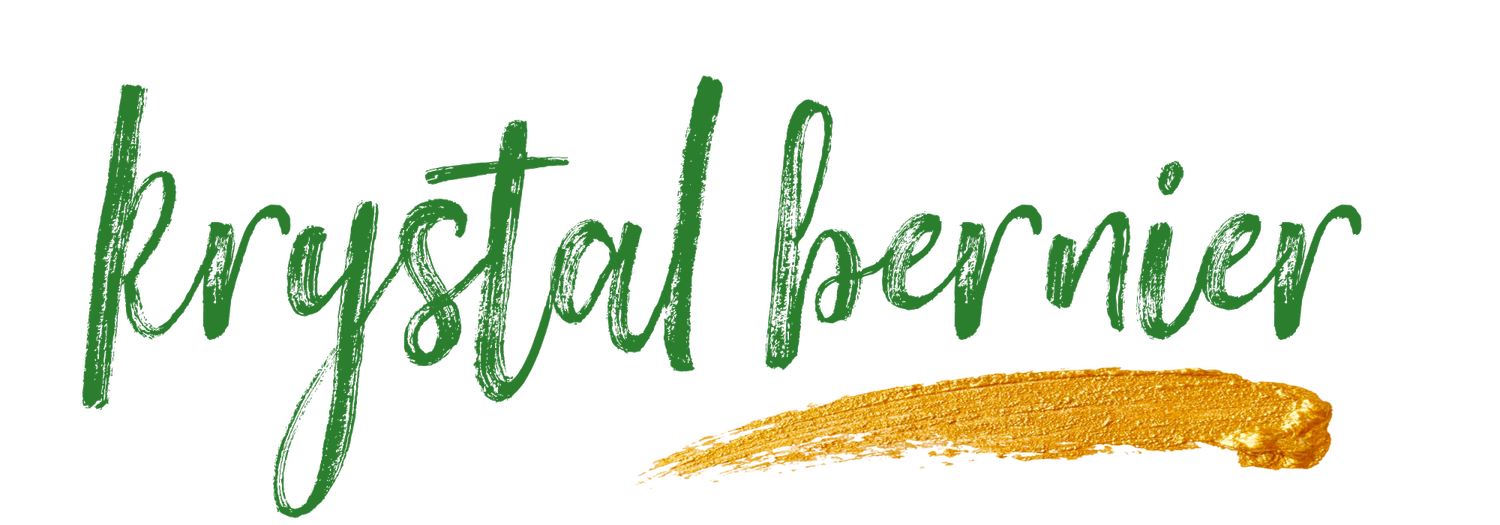The Inuit moral principle “tunnganarniq”, which means to “[be] welcoming to others, [be] open in communications, and [be] inclusive in the ways of interacting”, closely aligns with my belief that the student-teacher relationship is essential to any pedagogy (Anoee, 2015; Bentham, 2016, para. 3). For my classroom, I envision a positive application of Indigenous ways of knowing. being, and doing that is centered around strong relationships with students, parents, colleagues, and the community. I want my students to be excited about Indigenous knowledge and have a deep sense of understanding that is based in celebration. As such, outdoor education is important in my vision for teaching. I want to provide opportunities for students to connect with the land and experience conceptual understanding through an inquiry into nature. Students are curious and most have so many questions about the land around them, by harnessing this curiosity about nature we as teachers can capture their attention and foster deep understanding that transfers. Teaching is a continual journey of discovery, like my students, my learning will be conceptual and inquiry-based throughout my career as I continue to learn new methods and theories of teaching and apply those in the classroom.
References:
Anoee, N. (2015). Learning through tunnganarniq. In F. Walton & D. O’Leary (Eds)., Sivumut, Towards the future together: Inuit women educational leaders in Nunavut and Nunavik (pp. 89-102). Women’s Press / Canadian Scholars’ Press
Benthem, M. (2016, April 9). Principles of Inuit qaujimajatuqangit. Teacher as Researcher. https://leapintothevoidwithme.wordpress.com/2016/04/09/principles-of-inuit-qaujimajatuqangit/
Poitras Pratt, Y., Louie, D.W., Hanson, A.J., & Ottmann, J. (2018). Indigenous education and decolonization. Oxford Research Encyclopedia of Education. Oxford University Press. doi: 10.1093/acrefore/9780190264093.013.240
